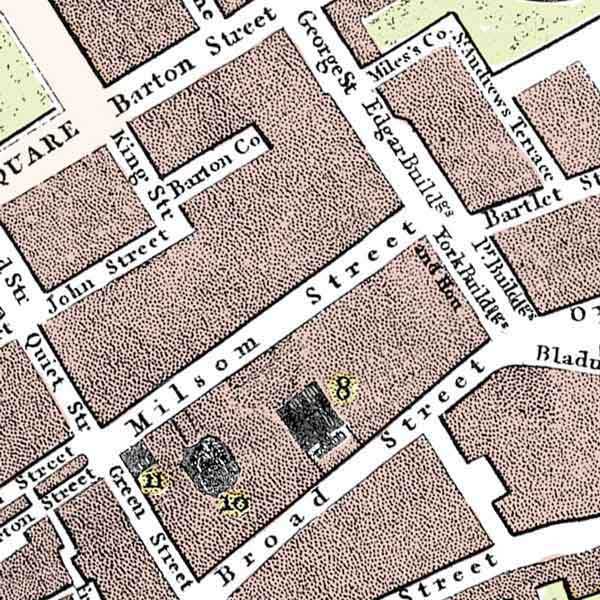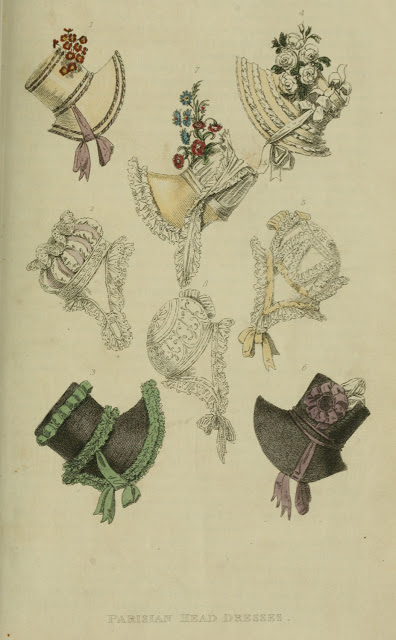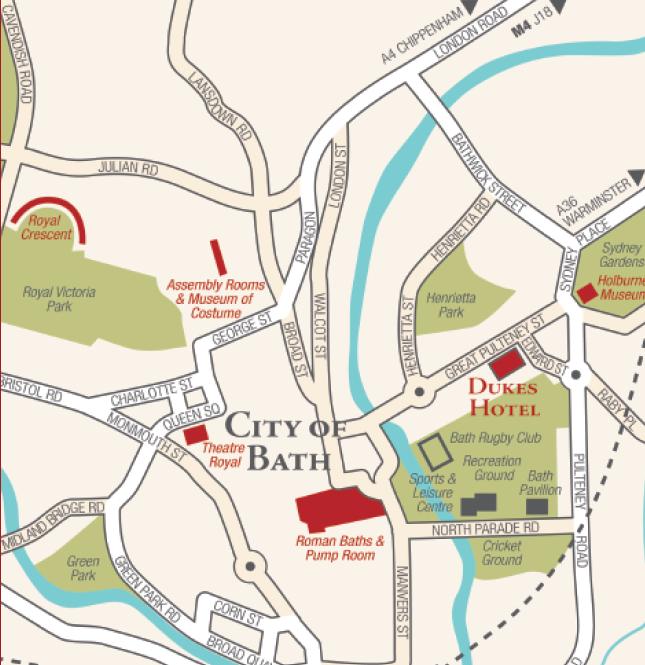the Reformation
The Protestant Reformation began in 1517, with the German theologian, Martin Luther's, and his posting of the 95 Theses. According to him, all convents must be shut down, for a woman's true place is married and in the home with children. "Luther maintained that a woman who vows herself to virginity is 'blasphemes and despises God,' [...] the Reformers’ relegated women strictly to the home, where the husband or father did not have to share his authority with the confessor, the bishop, or the mother superior" (Charlotte Allen, The Holy Feminine).




